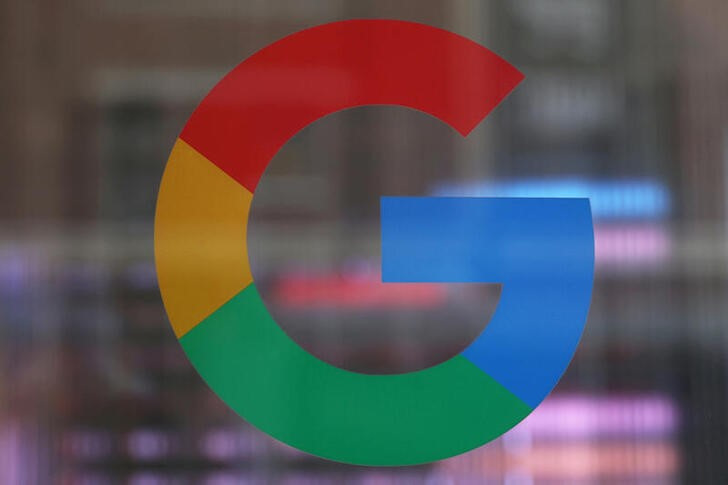Nvidia shares pop as analysts dismiss AI bubble concerns
Investing.com -- Investor anxiety over OpenAI’s competitive threat across the internet space has dominated investor debates recently, but Mizuho argues the narrative around Alphabet may be poised for a recalibration as Google prepares to roll out its next major AI model.
The firm’s analysts believe the “imminent roll-out of Gemini 3 could further tilt the sentiment for Alphabet shares towards AI-winner, at least near term,” helped by a stabilizing trend in Google’s search activity and rising engagement with its own AI tools.
Mizuho notes that browser-based usage data shows ChatGPT’s momentum has cooled since the spring, with time spent per user decelerating across both desktop and mobile. App engagement has also moderated, while global downloads are on track for another month of decline, according to third-party analytics cited in the report.
Against that backdrop, Gemini appears to be gaining ground, analysts said, with traffic and token-processing trends pointing to expanding usage across Google’s ecosystem.
They also highlight that AI-assistant market share has shifted meaningfully since late 2024, with the combined share of GPT and Gemini rising from 7% to 13%—and more recent gains skewing toward Gemini as Google’s tools attract increasing engagement.
“The trend indicates broad usage of Google AI products across Search, Gemini, and other channels, which has grown, and could continue growing exponentially driven by Google’s product ecosystem and as a whole, compete effectively with OpenAI,” Mizuho analysts led by Lloyd Walmsley wrote.
Google’s AI Mode in Search helped return search traffic growth to positive territory in July, supporting early signs that Alphabet’s defensive strategy is working.
Recent data also shows Gemini’s browser share rising, even as ChatGPT’s gains slow. Analysts said that “Google’s AI product likely gets the most access through AI Mode in core search,” making it a key component in stemming query losses to AI assistants.
Gemini 3 is expected to deliver significant upgrades in multimodality, reasoning, and automation. Mizuho points to anticipated real-time video understanding, deeper context windows, and a new default reasoning mode, alongside tighter Workspace integration and an “Agent Mode” capable of executing browser-level tasks.
Developer chatter also hints at on-device AI and enhanced pairing with Google’s Veo 3.1 for video creation.
Analysts believe these improvements could help close the gap with OpenAI or even shift leadership in areas such as enterprise automation. While uncertainty remains around long-term competitive dynamics, the team sees scope for overhangs to ease as Alphabet rolls out its own AI advancements.
“In the near term, our bias is to think that Google continues to benefit on the core business fundamentals from AI and rolls out impressive AI product of its own - most imminently Gemini 3 - that continues to swing the pendulum more towards AI winner and less towards AI loser,” the analysts wrote.
